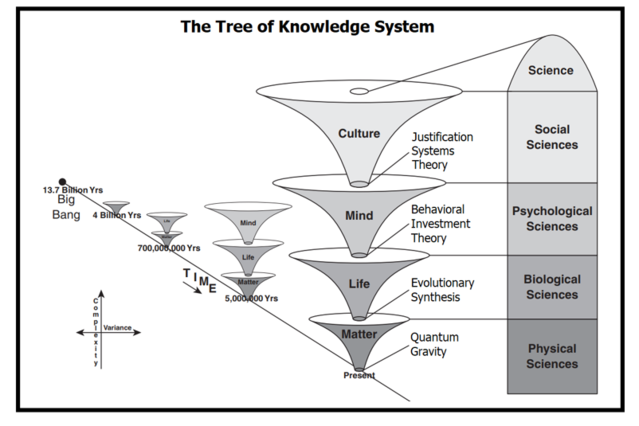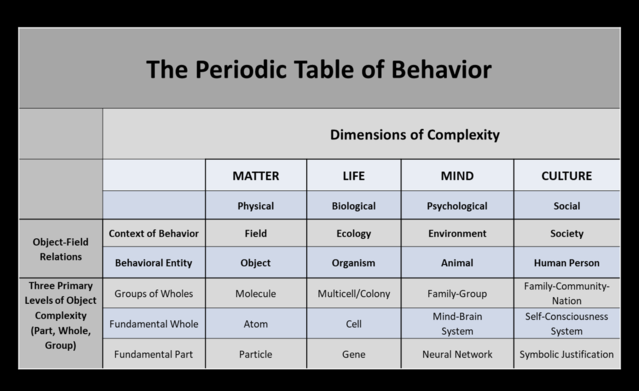Philosophy
Strong Emergence Is a Valid Concept
There are two kinds of emergence: weak and strong.
Posted April 5, 2020
In her blog Back Re(Action), the physicist Sabine Hossenfelder offers an analysis of emergence. She states that emergence, “broadly speaking refers to novel types of behavior in systems with many interacting constituents." She offers the example of the “La ola” wave in crowds at sporting events. Lots of things are examples of emergent properties like this. Traffic, viscosity, and elasticity are some examples.
Hossenfelder makes a distinction between weak emergence and strong emergence. She defines strong emergence as “the hypothetical possibility that a system with many constituents displays novel behavior which cannot be derived from the properties and interactions of the constituents.” She states that although this is logically possible, there is not a single known example for this in the real world. She also states that strong emergence is “incompatible with what we already know about the laws of nature” and that if you believe in strong emergence then you believe in things that are “in conflict with the standard model in particle physics.”
Followers of this blog will know that I disagree with Hossenfelder’s assertions. That is, I argue strongly that strong emergence is a viable concept, although I would not define it exactly as she does. Rather, I define it as a different kind of emergence than weak emergence. The "vision logic" of my argument is present in the shape and structure of the Tree of Knowledge System (see here and here).

As a theory of knowledge, the ToK System asserts that weak emergence arises much as she notes. For example, when we move from particles to atoms to molecules we see weakly emergent properties, defined as novel patterns of behavior in systems with interacting constituents.
However, there is a different kind of jump in complexity when we move from chemistry to life. Life is strongly emergent in that it represents a novel plane of existence. That is, life is a complex adaptive landscape that emerges as a function of new kinds of information processing and cell-cell communication. Chemistry is weakly emergent from physics, and both are part of the physical/material sciences. However, biology carries a different relation to chemistry than chemistry does to physics. The reason biology is not a physical/material science is because life carries strongly emergent properties. As Stuart Kauffman notes, the emergence of life is a “world beyond physics.”
The Tree of Knowledge System posits that Mind also represents a strongly emergent complex adaptive plane and the basic logic is the same. That is, Mind (capitalized here because it carries a specific meaning in the ToK language system) arises as a separable dimension of behavioral complexity from Life as a function of neuro-information processing and animal-animal communication patterns. Likewise, Culture is also a strongly emergent plane of complex adaptive behavior, arising from symbolic information processing and communication patterns between people. The reason that we have physical, biological, psychological, and social sciences is because the behavior of people is qualitatively different from the behavior of animals, which is qualitatively different from the behavior of cells, which is qualitatively different from the behavior of atoms. Matter is complicated. Life, Mind, and Culture are complex adaptive landscapes, where novel patterns of behavioral complexity emerge as a function of new forms of information processing and communication systems.
The argument I am making becomes clearer when we consider the Periodic Table of Behavior (see here, here, and here). The PTB shows why it is appropriate to see both levels of object analysis (i.e., part, whole, group) within a dimension of behavioral complexity as examples of weak emergence. However, the jumps between the dimensions of behavioral complexity are a different kind of emergence, worthy of the name "strong." In the ToK, strong emergence refers to new dimensions of behavioral complexity, which are complex adaptive behavioral landscapes mediated by information processing and communication systems. Such complex adaptive systems are different than merely complicated arrangements of matter. Thus, the distinction between weak and strong emergence is valid.



